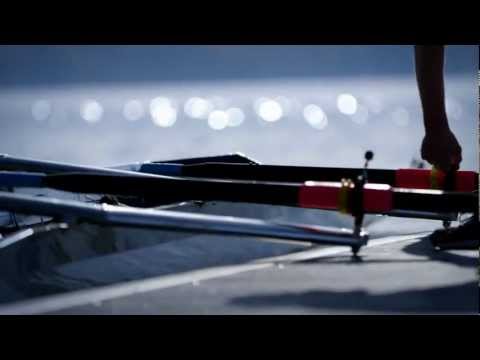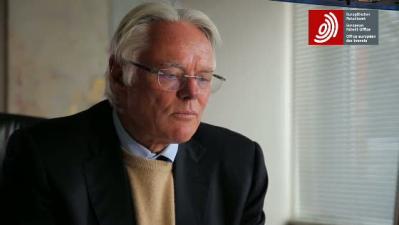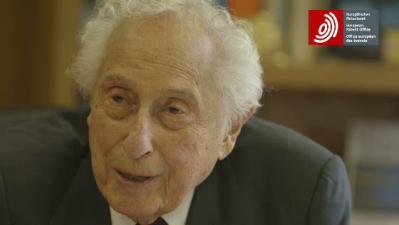Manfred Stefener, Oliver Freitag, Jens Müller
Portable direct methanol fuel cell
Winner of the European Inventor Award 2012 in the category SMEs
Clean portable power
German Scientists Manfred Stefener, Oliver Freitag and Jens Müller have cornered the market segment for reliable portable, clean, long-lasting power supply using direct methanol fuel cells (DMFCs).
Dr Stefener was fascinated by fuel cell technology even as an undergraduate in the 1990s. He worked with hydrogen-based micro-fuel cells at the University of Duisburg, and then began his PhD studies in 1997 at the Technical University of Munich on direct methanol fuel cells. His particular interest was to combine the two fuel cell types – so as to create small DMFCs for a range of portable applications.
Conventional batteries might provide higher power than fuel cells, but their chemical ingredients hold only a limited amount of charge whereas fuel cells can produce electricity indefinitely for as long as fresh chemicals are supplied. Dr Stefener’s cells, for example, will make electricity for as long as pure methanol reacts with water and oxygen (air) inside the cell. The only by-products are simple water vapour and carbon dioxide – the same gases we exhale.
With longer life than batteries of equivalent weight and size, DMFCs are ideal for holiday caravans, boats, traffic sensors and remote weather stations, as well as for battlefield power demands like telecommunications and radar systems.
In addition to the scientific challenges of designing a fuel cell with the perfect electrode construction, catalyst surface and membrane materials, Manfred Stefener and his team had to overcome a regulatory hurdle: methanol is classified as a dangerous chemical, and not easily sold in liquid form like petrol or diesel. The solution was yet another invention: a special sealed cartridge for transporting, selling and storing the liquid so that it could not be a spill hazard. The cartridges are designed so that they dispense their methanol only within the closed and controlled system of the fuel cell.
With the advice of a patent attorney Dr Stefener’s company, SFC Energy, has built up a comprehensive portfolio of over fifty applications and granted patents as well as identifying and guarding critical trade secrets and specialist know-how. Some of the patents are on “core” fuel cell technology, and are used to block competitors – no doubt explaining SFC Energy’s dominance of their segment of the fuel cell market (they have no competitors). Other patents relate to certain aspects of SFC Energy’s products. The portfolio is reinforced by complementary know-how and trade secrets – information which is limited to key personnel who use non-disclosure agreements and know to be careful about what they tell customers.
Dr Stefener is a role-model for any high-technology start-up. His success has come from working in trusted partnership with experts from relevant technical, legal and business disciplines, as well as having a strategy to exploit a diverse IP portfolio of patents and trade secrets.
Contact
European Inventor Award and Young Inventors Prize queries:
european-inventor@epo.org Subscribe to the European Inventor Award newsletterMedia-related queries:
Contact our Press team#InventorAward #YoungInventors



